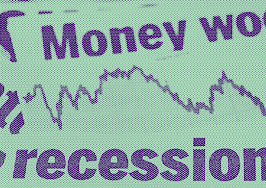Join industry visionaries Pete Flint, Spencer Rascoff, Ryan Serhant and more at Inman Connect New York, Jan. 24-26. Punch your ticket to the future by joining the smartest people in real estate at this must-attend event. Register here.
The amount of money flowing into new home construction in August was 9 percent below its levels from May after enduring a swift, three-month-long downturn.
Spending on new single-family homes in August dropped to a seasonally adjusted annual rate of $436 billion, a 2.9 percent fall from July that brings spending back down to its levels at the same time last year.
This fall, revealed Monday in a report from the U.S. Census Bureau, stood out compared to the coinciding monthly increase in spending on new multifamily buildings and improvements to existing residential structures.
At the same time, builders in August were seeing significantly worsening sales numbers and lower revenues.
One Austin builder told John Burns Real Estate Consulting that they were sitting on a lot of unsold inventory, a common theme from the firm’s monthly survey of homebuilders across the nation.
“August was a very poor month for sales across the board,” the Austin builder said, according to the consulting firm’s Director of Research Rick Palacios on Twitter. “Cancellations spiked from July and buyers showed no sense of urgency.”
This falloff in demand for newly built homes has also continued to erode builder confidence in their present and future market prospects, according to the National Association of Home Builders’ own monthly survey.
But other explanations may also help explain the recent fall in spending. For one thing, construction materials — elevated and volatile throughout much of the pandemic — have been coming down in recent months.
Lumber in particular has returned to normal levels in recent days, a reversal after the wood used in home frames had skyrocketed up to nearly four times its pre-pandemic price.
But the cost of most construction goods remained significantly elevated in August, according to the government’s producer price index.













